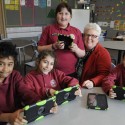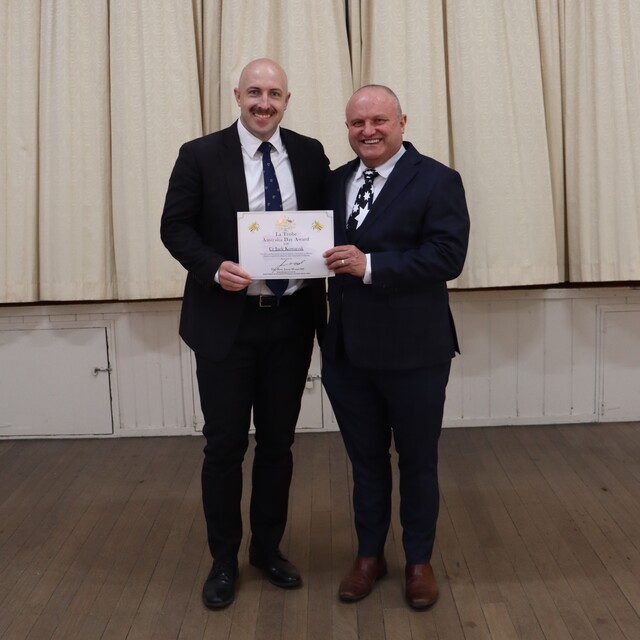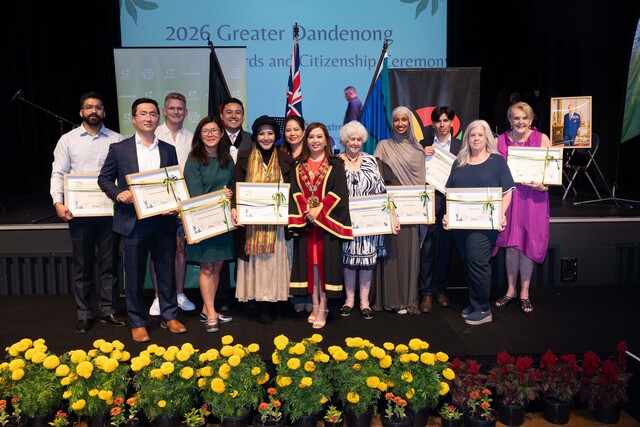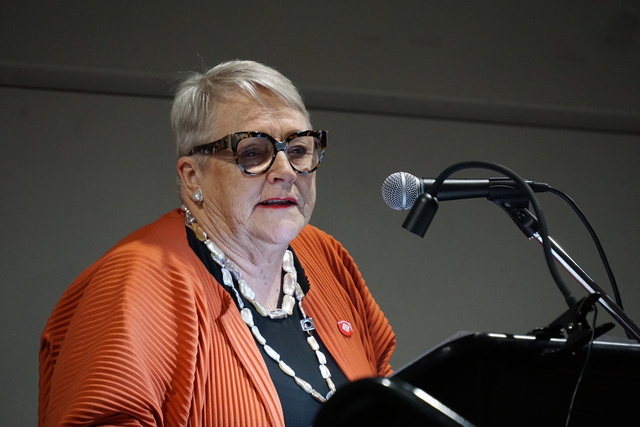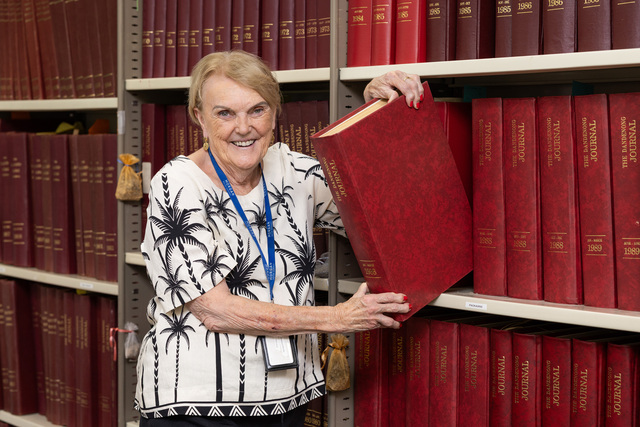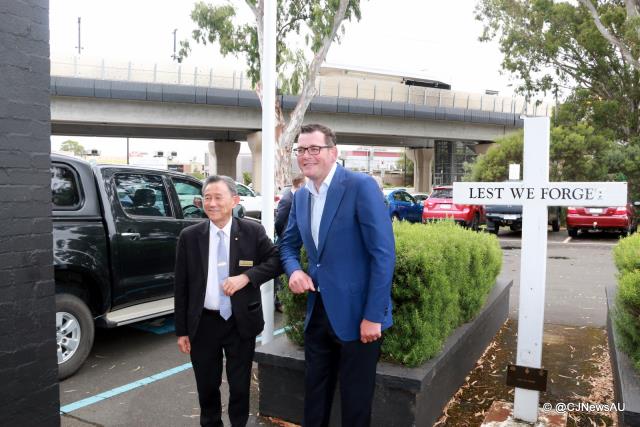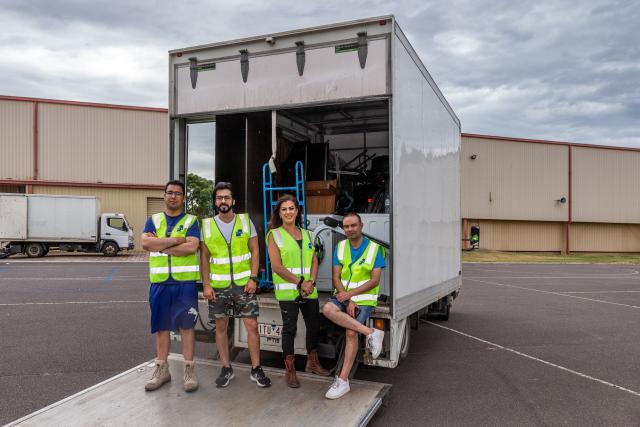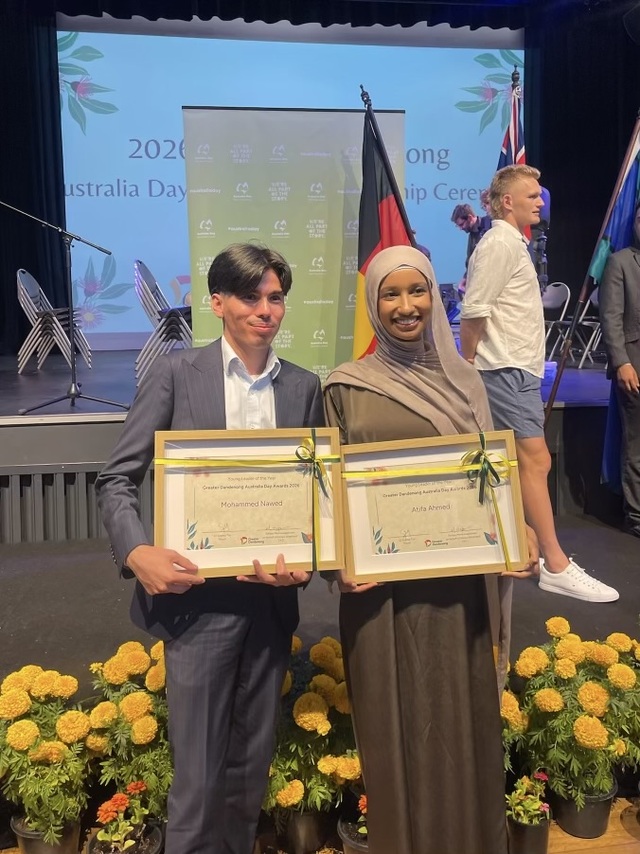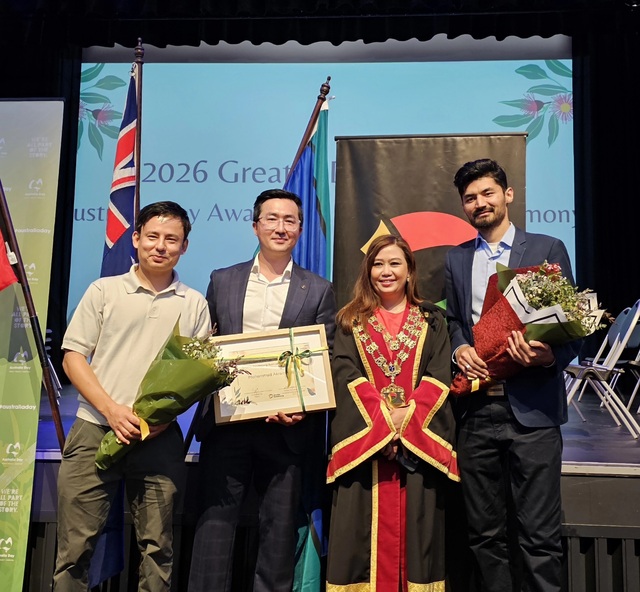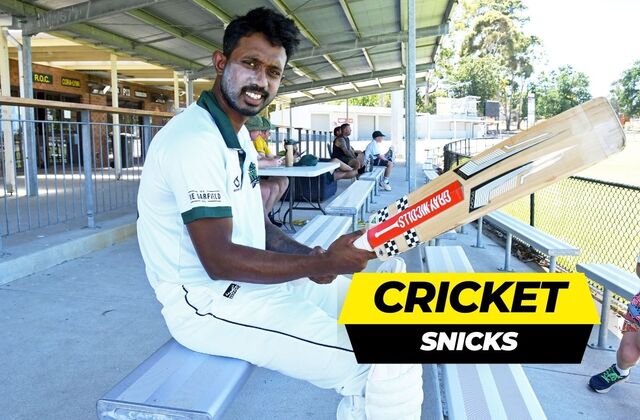By CASEY NEILL
NOBLE Park students are keeping ahead of the pack thanks to novel teaching techniques.
Harrisfield Primary School principal Meredith Iaconese was thrilled with the school’s performance in the recently-released National Assessment Program – Literacy and Numeracy (NAPLAN) results.
She said it was proof the school’s unique teaching model was working.
“From what I’m just seeing here there are no surprises,” she said.
“We continue to be doing really well in spelling in grammar.
“We’re significantly above the state.”
Ms Iaconese said children in Grades 4 to 6 were grouped into the Senior Learning House.
They are then split up according to ability rather than age.
“They move according to the skills that are being taught at the time,” she said.
“We don’t teach classes we teach children.
“That is something that we’ve really focused on.”
She said the school had full-time art, physical education and information and communication technology (ICT) specialists.
“Because they don’t have a full-time load in that specialist subject, they also take a group when it’s reading time,” she said.
So instead of having about 25 kids in four groups for reading, Ms Ianconese said students were split into eight smaller groups.
“The focus is much tighter, based on the student needs,” she said.
There are six maths groups in the Senior House.
“I think that’s really helped. It’s narrowed down for teachers,” Ms Iaconese said.
“You can really target your small group work so much tighter.”
She said explicit teaching was also making a difference to outcomes.
“It’s that whole thing of leaving nothing to chance,” she said.
“There’s a learning intention for each lesson.
“The children know what that learning intention is. They know what they’re working towards.
“They get feedback at the end of the lesson about how they’ve gone.
“They have feedback for the teachers, too.”
Then there’s a lesson at 10am each day called intervention.
“We identify students that have a deficit in particular skills,” Ms Iaconese said.
“Teachers work with just two children on that skill. All the other students are working on no new learning.
“Kids come in and out of this intervention program. They might have three sessions.
“The aim is to progress them as much as we can in each year.
“It’s really hard if kids are six months behind at the starting point, or a year behind.
“We have a lot of children coming in with limited English.”
The teaching program has been in place for about four years, since the Federal Government funded flexible learning spaces.
Ms Iaconese said teachers operated as a tight team.
“They are never apart,” she said.
“Their tables are together, they sit talking at lunch time, before school, after school – it’s all discussion about student learning.
“They are discussing kids constantly.
“If I was teaching a child a particular skill and I simply couldn’t get them to achieve the outcome, I’m not afraid to go to another teacher and say ‘maybe your way is better than my way’.
“It’s hard work.
“We know it’s for the best for the kids and we know that it’s working.”

